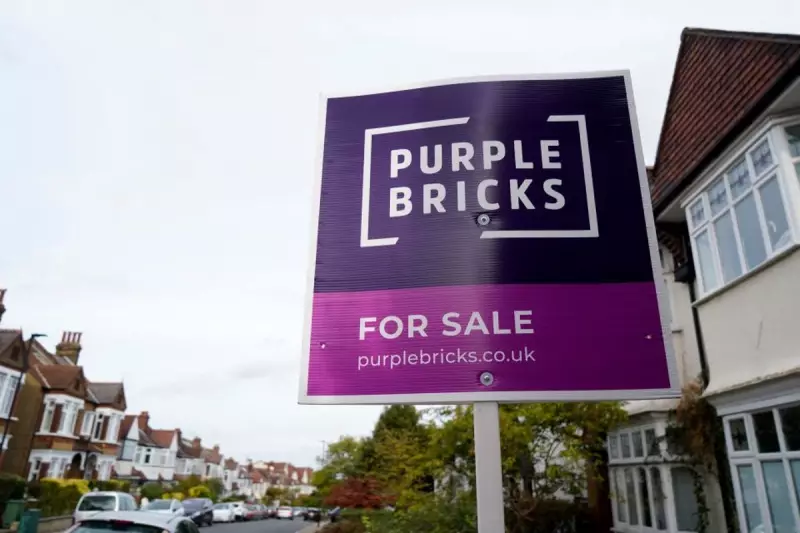
The London Stock Exchange endured a brutal sell-off on Wednesday, with the blue-chip FTSE 100 index tumbling to its lowest level in over a month. The catalyst? A sobering inflation report from the Office for National Statistics that dashed investor hopes for a pause in the Bank of England's aggressive rate-hiking cycle.
The index closed down a staggering 140 points, or 1.9%, wiping tens of billions off the value of Britain's largest companies. This represents the worst single-day performance for the FTSE since late March, plunging the market deep into negative territory for the year.
Inflation Shock Sends Markets Reeling
At the heart of the meltdown was the revelation that the UK's Consumer Prices Index (CPI) remained stubbornly high at 8.7% for the month of May. Crucially, core inflation—which strips out volatile food and energy prices—actually accelerated to a 31-year high of 7.1%. This data significantly overshot economists' predictions and immediately triggered a wave of panic selling.
The figures sent UK government bond yields, particularly the interest rate-sensitive two-year gilt, soaring. This rapid repricing of interest rate expectations reflects the market's conviction that the Bank of England will be forced to act more aggressively than previously anticipated.
Mortgage Market Mayhem and Housing Jitters
The immediate fallout is being felt most acutely in the UK's mortgage market. Financial markets are now pricing in a peak Bank Rate of nearly 6%, a level not seen since the turn of the century. This has forced major lenders to urgently pull hundreds of mortgage products from the market and reprice remaining deals at significantly higher rates.
Analysts warn this will pile immense pressure on homeowners coming off fixed-rate deals later this year, with monthly repayments set to skyrocket. The fear of a sharp slowdown in the housing market is now a primary concern for economists and investors alike.
Sector-Specific Carnage
The sell-off was broad-based, but housebuilders and property-related stocks bore the brunt of the selling. Persimmon and Barratt Developments were among the biggest fallers on the FTSE 100. Banks with large mortgage books also came under intense pressure, despite theoretically benefiting from higher interest rates, due to fears of rising defaults and a stagnating housing market.
The bleak mood on London's trading floors underscores the fragile state of the UK economy as it continues to grapple with the worst cost-of-living crisis in a generation. All eyes are now fixed on the Bank of England's next interest rate decision on Thursday, with a 13th consecutive hike to 4.75% now seen as a near certainty.





